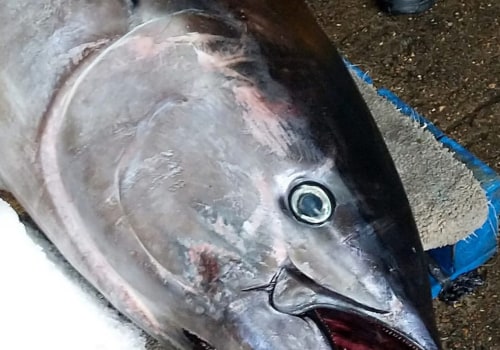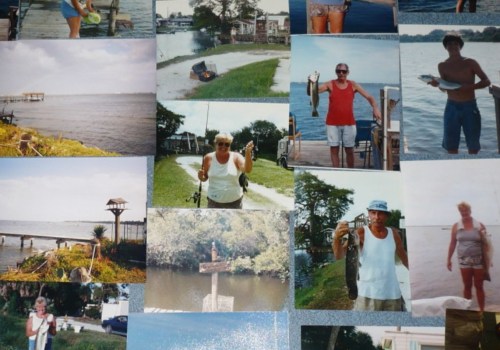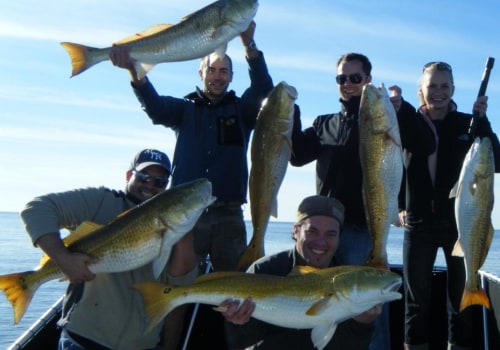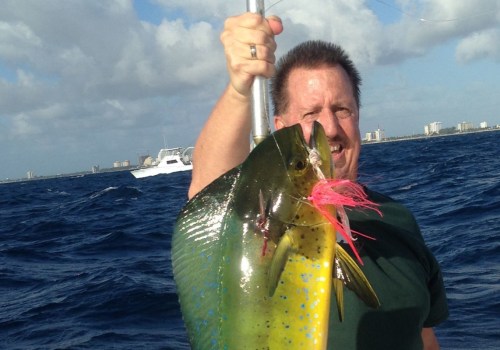Fishing is often seen as a fun and harmless activity, but the reality is that it can have devastating consequences for both the environment and the animals that inhabit it. Studies have shown that fish experience pain and suffering when they are caught and released, and that catch-and-release fishing is cruel. Additionally, fishing can lead to an imbalance in the food chain, the destruction of vulnerable species, and pollution. In this article, we'll explore why fishing is bad and what can be done to reduce its impact.
The Pain and Suffering of Fish
While fish sensitivity was a topic previously disputed by scientists, contemporary research has ultimately shown that fish are capable of developing complex emotions and, in fact, can experience pain.Even at the most rudimentary level, anatomical studies have shown that fish have nociceptors, which are used to detect harmful stimuli, such as “high temperatures, intense pressure and caustic chemicals”. Similarly, their brains respond to pain in a similar way to humans. Specifically, electrical activity cascades into regions responsible for “conscious sensory perceptions”, not just the regions that govern impulses and reflexes. Studies have also shown that fish gravitate to stimulating tank environments (those containing gravel, vegetation, etc.), but if they are injected with painful chemicals and the sterile tanks are flooded with pain relievers, they will choose sterile tanks over stimulants. This indicates that fish experience pain consciously. When caught and released, these hooks are forcibly pulled out of their mouths, which can pierce their throats and other tissue.
As if this pain weren't enough, fish endure this harsh treatment as they suffocate outdoors. Many fish have swim bladders, which are gas-filled organs that help them maintain their buoyancy and make swimming less energy consuming. Because this organ is filled with gas, it is very sensitive to rapid changes in pressure. This property becomes especially relevant since in fishing these fish are forced out of their acclimated water density and into a freshly pressurized environment.
This abrupt change in water pressure to air can cause swim bladders to rupture and gills to collapse. Injuries sustained while fishing cause about 18 percent of these fish to die after being released back into the water. Among fish that don't die, 22 percent have permanently impaired vision. Still many others will have trouble eating after being released as the hooks go through their mouths and throats.
The Impact on the Environment
When too many fish are extracted from the ocean an imbalance is created that can erode the food chain and lead to the loss of other important marine life including vulnerable species such as sea turtles and corals. Additionally, fishing can cause pollution in various ways.The Geological Survey reported on the various ways in which sport fishing is harmful to the environment including gas and oil leaks from vessels that pollute waterways. Similarly improper anchoring can damage shorelines and cause habitat destruction. The lead used in many common fishing sinkers can also damage wildlife. Ghost nets or nets abandoned in the ocean are made of plastic and nylon and don't break down wreaking extreme havoc on wildlife and disrupting ecosystems. This not only creates poor environments diseases and poor quality of life for fish but it also produces fish that are often thought to taste worse are less nutritious and are more likely to contain diseases that humans can contract.
What Can Be Done?
Jessica Meeuwig marine ecologist and professor at the University of Western Australia commented on the possible lasting impact of this type of trophy fishing.She explains that because this sport targets larger fish they are effectively slaughtering the fittest individuals in the population. These large healthy fish are probably some of the most prolific breeders and eliminating them may have more impact on the ecosystem than many anglers would believe. Meeuwig also contrasts this type of fishing with commercial or subsistence fishing which target the total amount of fish compared to the largest individuals of a particular species. Many species targeted by this type of fishing are threatened or endangered such as marlins and sharks. One of the main problems with recreational fishing is that many governments don't consider the impact that a multitude of anglers can have on local environments. Therefore fishing regulations are often not enforced or even created at all which can be detrimental as there are no protections for overfishing certain stocks. In order to reduce the impact of fishing it's important for governments to create regulations that protect vulnerable species from overfishing as well as ensure that anglers adhere to proper environmental practices such as using lead-free sinkers avoiding ghost nets anchoring responsibly etc. Fishing can be a fun activity but it's important to remember its potential impacts on both animals and our environment.
By understanding why fishing is bad we can take steps to reduce its negative effects.








